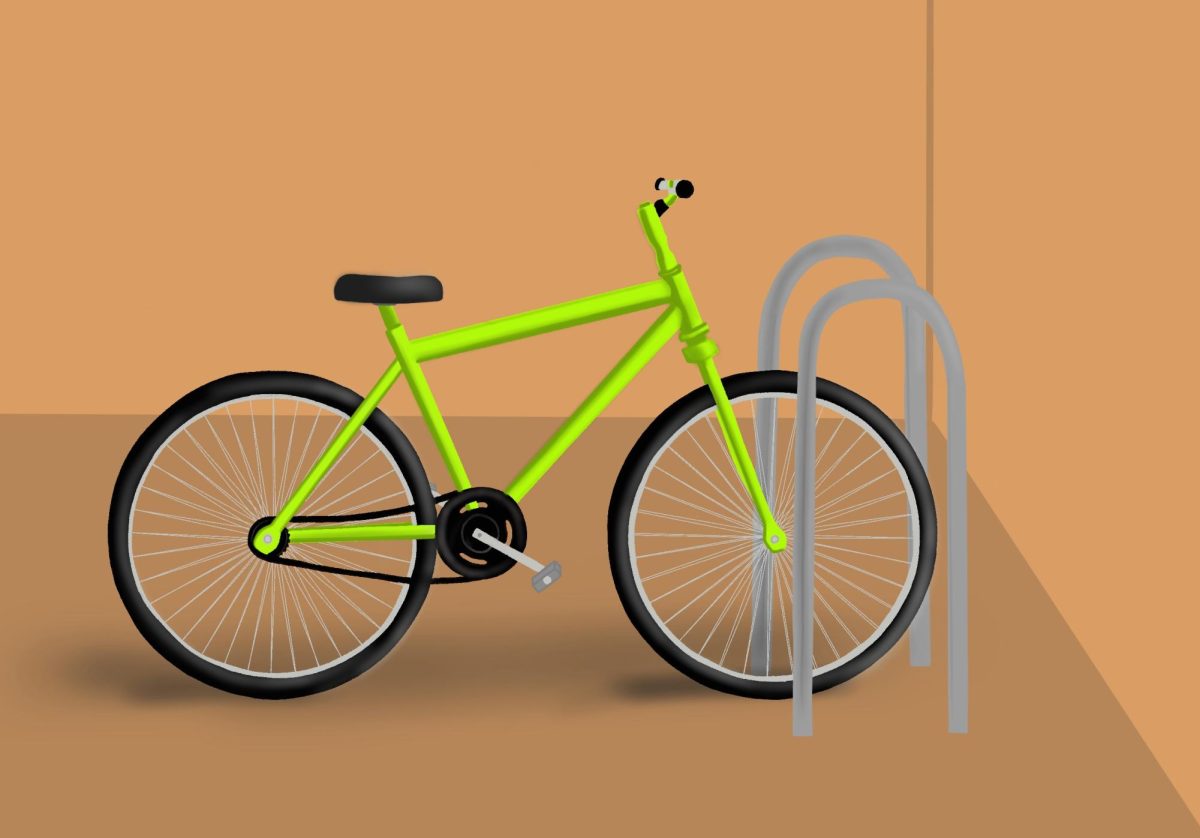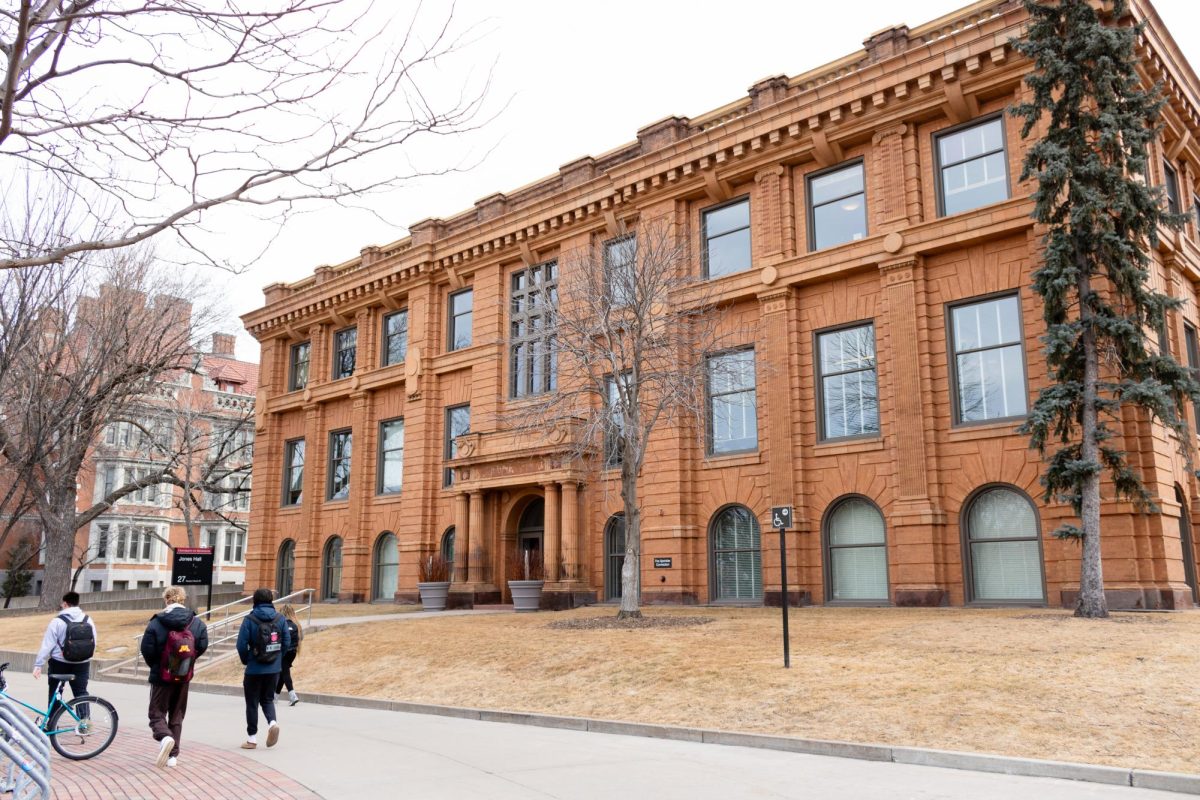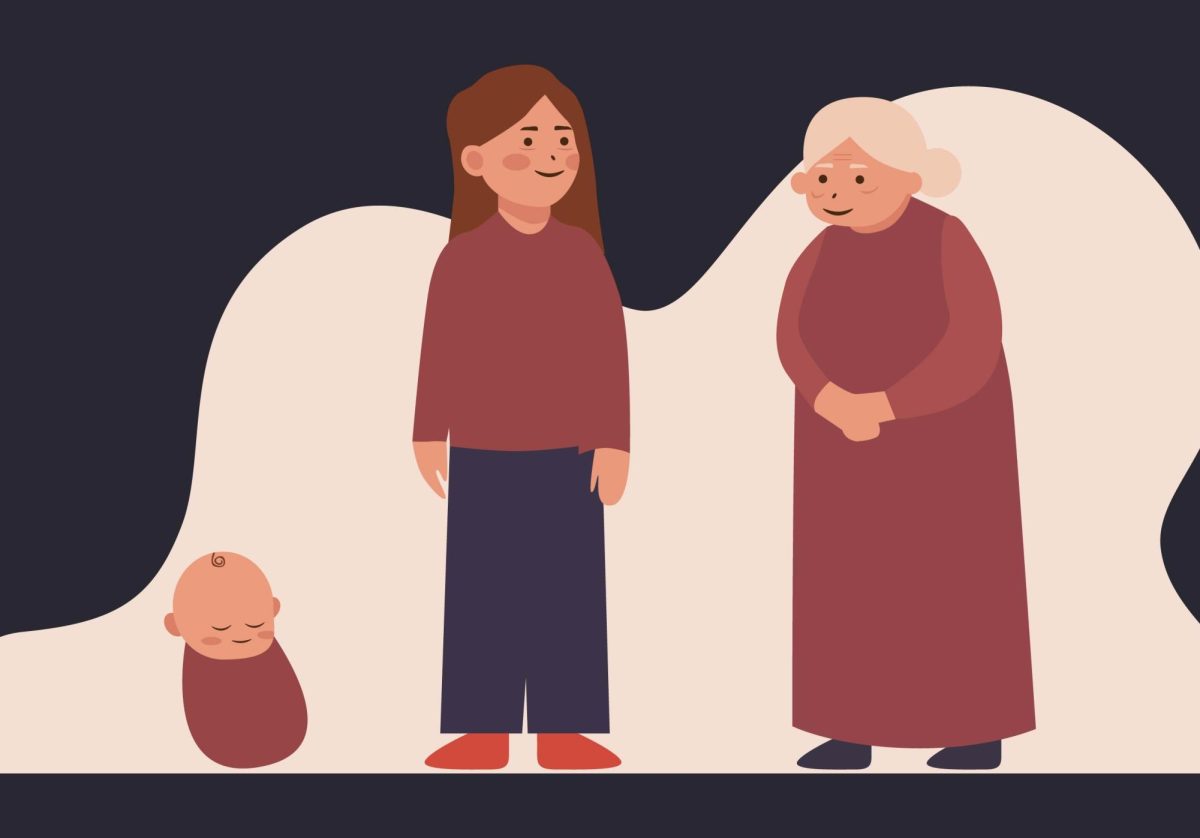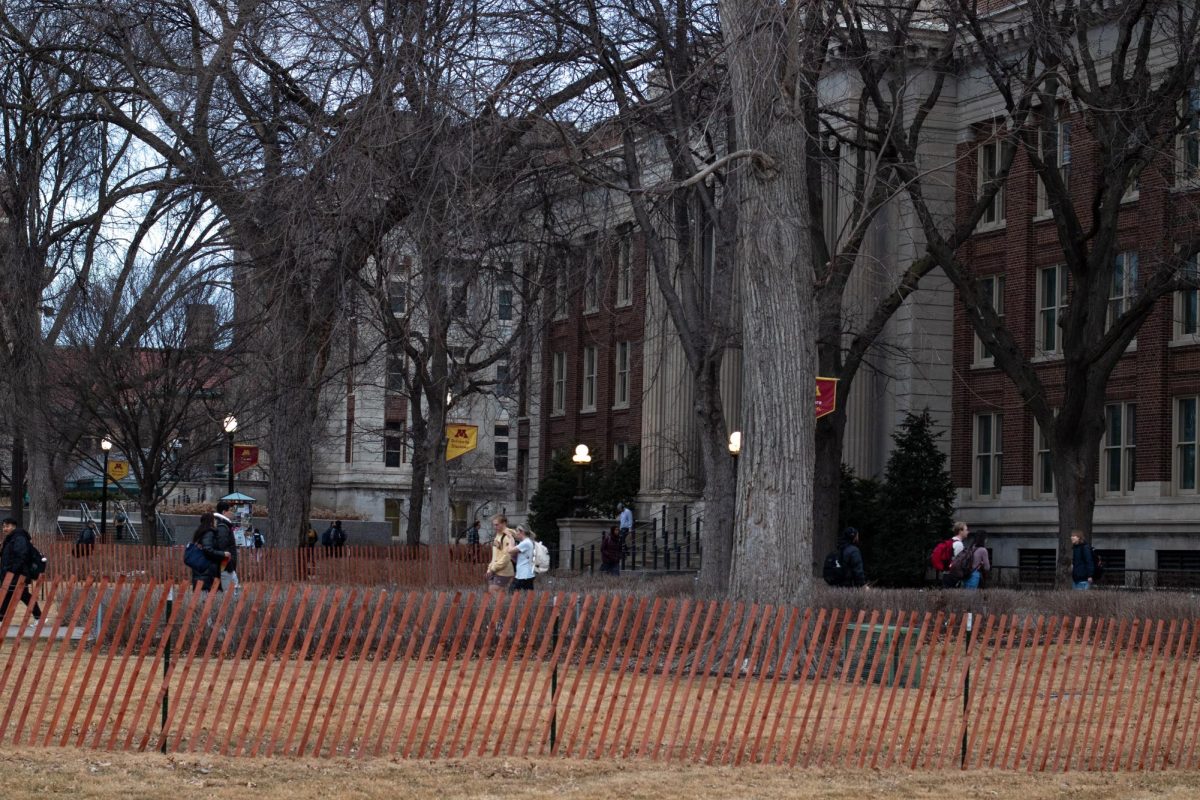An addition to the biking incentive program run by the Parking Transportation Services (PTS) currently has 150 bikes available for annual or semester-long rentals, as part of a new pilot program.
The new program, Gopher Bikes builds on ZAP, the current biking incentive program. ZAP offers incentives to students and faculty to encourage biking at the University of Minnesota by providing gift cards and health insurance premium reductions.
The program, originally launched in 2012 by PTS, allows students to “zap” their bikes through a radio frequency identification device attached to the front wheel of the bike. Students riding within five to 15 feet of a reader will hear a beep, which indicates they have been “zapped.”
Chris Bienusa, a recent University graduate, said he heard about ZAP in his first year of school through a transportation fair held on campus but did not have a personal bike at the time.
“I wanted to hear more about the program, but I didn’t know what it was called,” Bienusa said. “I saw ‘satellites’ on campus and I heard them beep all the time.”
There are approximately 20 readers located throughout campus and there are several located throughout Minneapolis and St. Paul.

John Mark Lucas, transportation programs manager for PTS, said in a statement to the Minnesota Daily there are ZAP readers around campus which monitor the number of participants at the stations. Lucas added PTS recently purchased new traffic video cameras to collect more data for the program.
Students can get their bikes tagged at the University Bike Center, located near the Oak Street Ramp, where they will also receive a web address to register themselves in the program.
Lucas said students who do not own a personal bike are able to use ZAP on newly-launched “Gopher Bikes,” a new bikeshare service created by PTS using donated bikes from the Nice Ride organization.
PTS plans to work with Housing and Residential Life to make bikes available at University housing for daily rental, according to Lucas.
If students complete at least 12 rides in a month, they will be entered into a drawing for one of 100 gift cards to local businesses, like The Market at Malcolm Yards, Afro Deli and Nico’s Tacos, according to the University’s ZAP website.
Bienusa said these incentives could help motivate students to bike more on campus and he would have used ZAP if he was still a student, despite being a frequent biker.
“We are continuously working on increasing the number of students, staff and faculty who commute by walk, bike and roll in whatever way, instead of traveling on single occupant vehicles,” Lucas said.
According to Lucas, over 1,100 people used ZAP last year, with 2,600 bikes parked on campus. PTS plans to do another count in October and expects the number of bikes to increase.
“There weren’t a lot of bikers [when I was attending], most of the bike lanes were pretty empty,” Bienusa said. “It’s a lot less work to bike and it saves time. I could sleep in until 10 minutes before my class and it would take five minutes to bike up there.”
The University Wellbeing Program and PTS also collaborated to offer faculty and staff incentives to bike. Faculty can earn points through the ZAP program to reduce their University medical insurance rates by $500 or $750 depending on if they have a spouse enrolled on their plan as well.
The University Wellbeing Program portal is hosted by healthcare company Virgin Pulse, and allows all full- and part-time employees to use resources to promote their well-being.
Laura Fiero, a well-being consultant for the University, said in an email interview with the Minnesota Daily the University’s Wellbeing Program works to create a culture that supports the health and well-being of all employees.
“The University’s Wellbeing Program provides customizable ways to support and enhance employee wellbeing,” Fiero said in the statement. “Our program is based on the framework of six dimensions of wellbeing: career, physical, emotional, financial, community and social.”
According to Fiero, some of the resources the program offers include webinars on topics like career development, mindfulness and financial literacy.
Fiero added that employees enrolled in the University’s medical insurance plan can earn points on the Virgin Pulse portal toward point goals of 5,000 or 7,500, with the same spousal guidelines stated above. Employees can earn points by using the different resources the program offers and can keep track of their points on a computer or mobile app.
Employees who commute to work and use the ZAP program earn points by biking past ZAP stations. If employees prefer not to add a ZAP tag, they can use a paper form to track their biking for commuting or biking on campus over a year and submit it for points, according to Fiero.
Fiero said the Wellbeing Program seeks to partner with University programs, like ZAP, to “better embed the program in campus culture.”
In a survey put out by the Benefits Advisory Council (BAC) in 2023, respondents who rated the program highly reported that “the program helped them stay active and maintain healthy habits, as well as reporting appreciation for the medical rate reduction.”
Both faculty and students can compete in seasonal competitions open to a team made of two people. Competing teams both earn points and whoever has the most points at the end of the competition wins. Winners can receive various prizes.
“The $10 gift card for students incentivizes them to try something new and encourages them to develop a habit,” Lucas said. “This is true for staff whose incentive is a health premium reimbursement, they can earn required wellbeing points just by commuting by bike. Once that habit is formed, each challenging ride ends with a sense of achievement.”
Clarification: The article has been updated to clarify which program has bikes for students and faculty. It is Gopher Bikes.
Correction: The original version of this article incorrectly stated Virgin Pulse’s association with the program. The healthcare company hosts the University healthcare portal.









